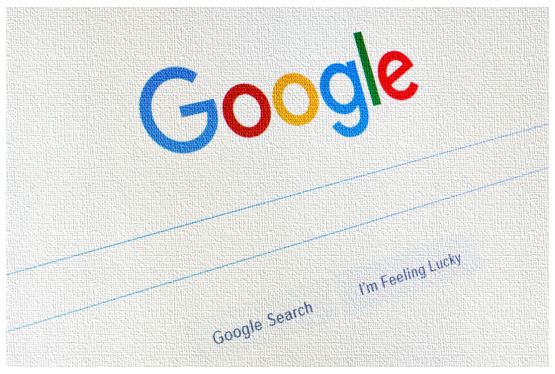As most of the searches that land on Google are related to location and to serving you the most accurate information, Google today announced that its Search has now become country-specific and the choice of country service will no longer be indicated by domain.
Your location determines the country service you receive results for across Google Search and Maps. Historically, these services have been labeled and accessed via country code top level domain names (ccTLD) such as [google.ng for Nigeria] or [google.com.br for Brazil]. You may also have typed in the relevant ccTLD in your browser.
Google has updated the way we label country services on the mobile web, the Google app for iOS, and desktop Search and Maps. Now the choice of country service will no longer be indicated by domain. Instead, by default, you’ll be served the country service that corresponds to your location.
So, if you live in Australia, you’ll automatically receive the country service for Australia, but when you travel to New Zealand, your results will switch automatically to the country service for New Zealand. Upon return to Australia, you will seamlessly revert back to the Australian country service.

If for some reason, you don’t see the right country when you’re browsing, you can still go into settings and select the correct country service you want to receive. Typing the relevant ccTLD in your browser will no longer bring you to the various country services — this preference should be managed directly in settings. In addition, at the bottom of the search results page, you can clearly see which country service you are currently using.
And while this update will change the way Google Search and Maps services are labeled, there won’t be any effect in the way these products work. This update will help ensure that you get the most relevant results based on your location and is consistent with how Google already manages our services across a number of our other platforms, including YouTube, Blogger, Google Earth and Gmail, among others.

Related Posts
How to create QR codes on Google Sheets for URLs or any other text elements
How to set Gemini by Google as the default Android assistant
Google’s new AI Content Moderation Policy for Play Store Apps
Google Meet now offers Full HD streaming for group video meetings
Googlе and Applе Facе Finеs of Ovеr $50.5 Million for App Storе Violations
Google’s new update allows Android users to delete up to 50 emails at once in Gmail with the “Select All” option